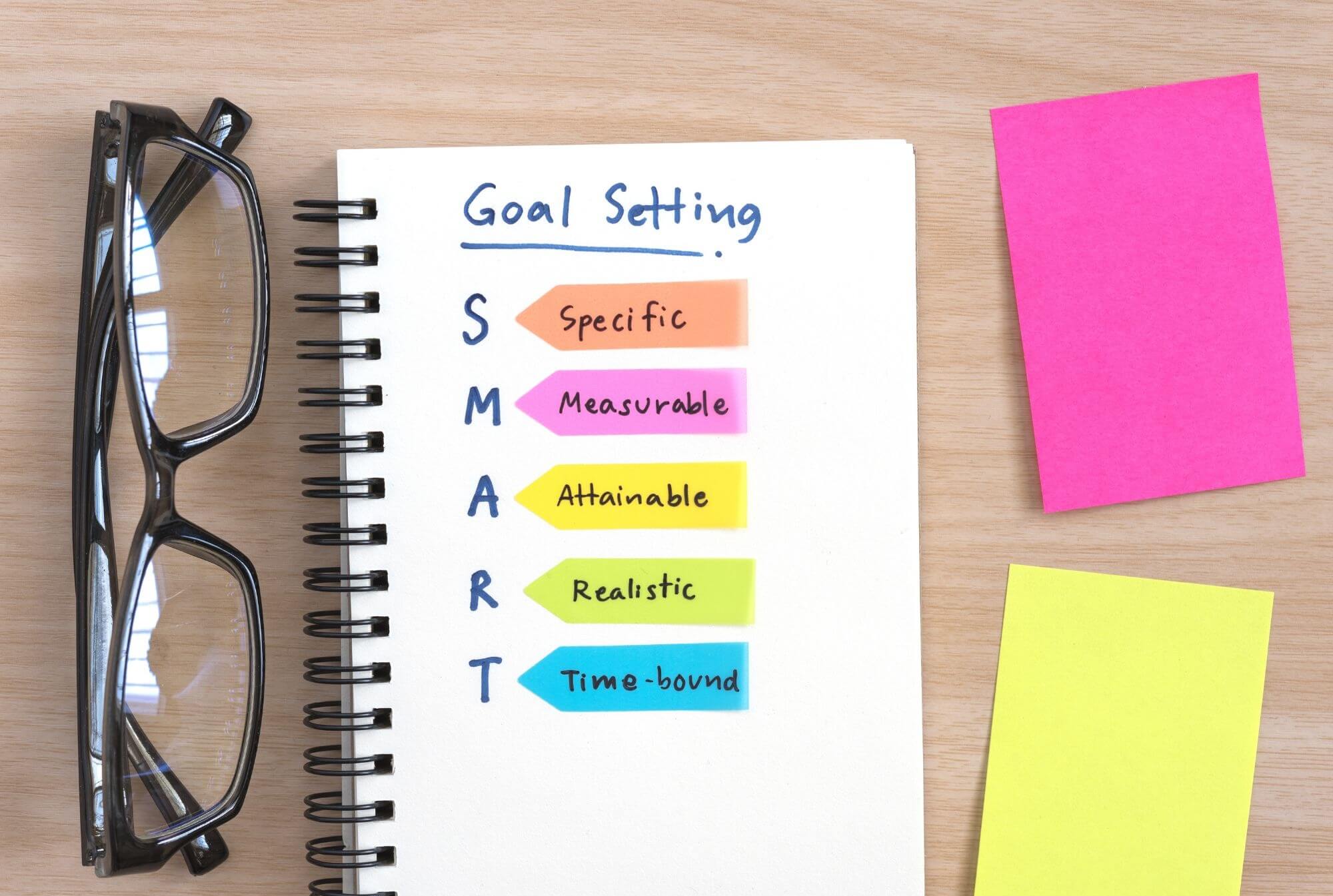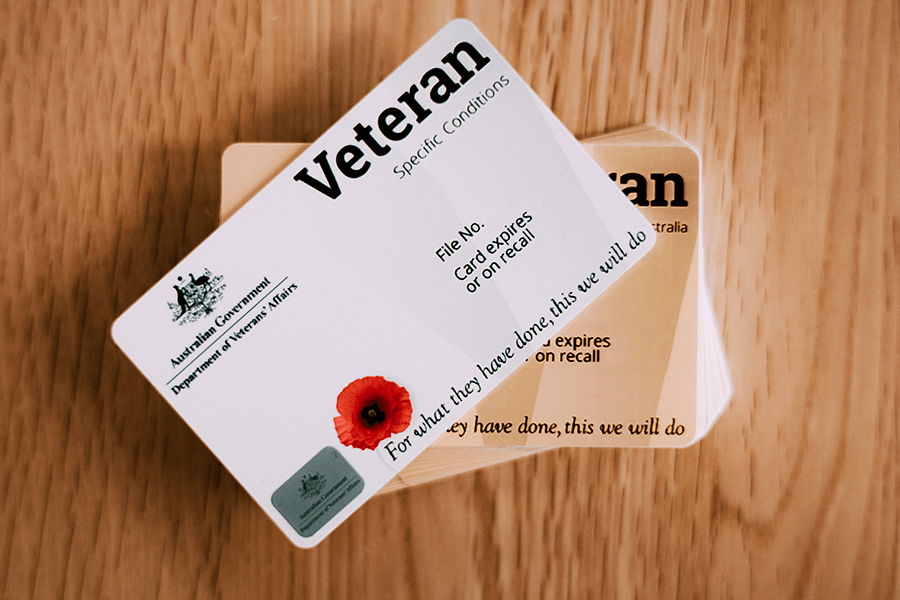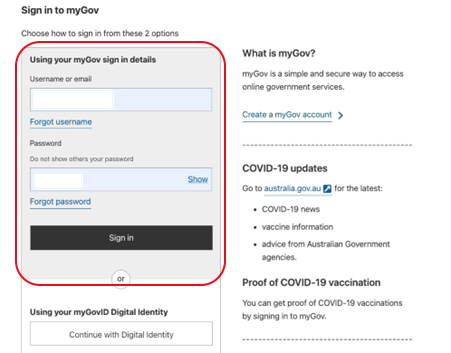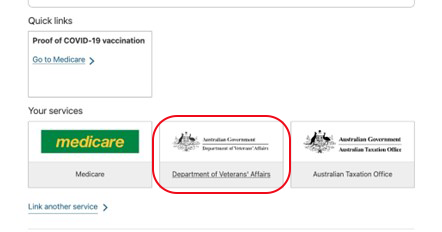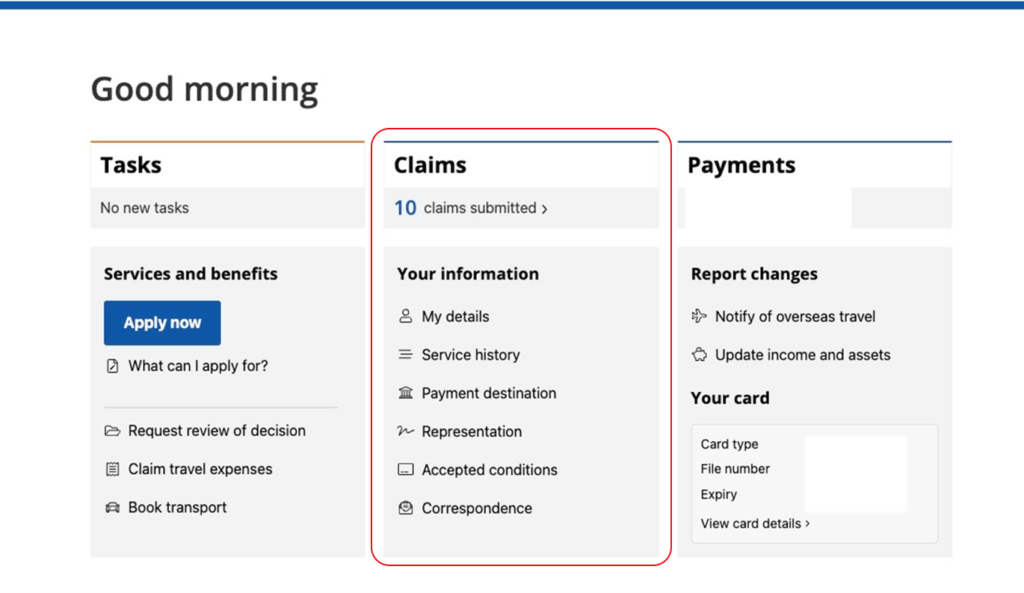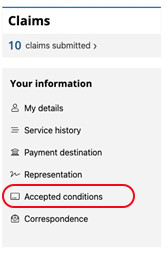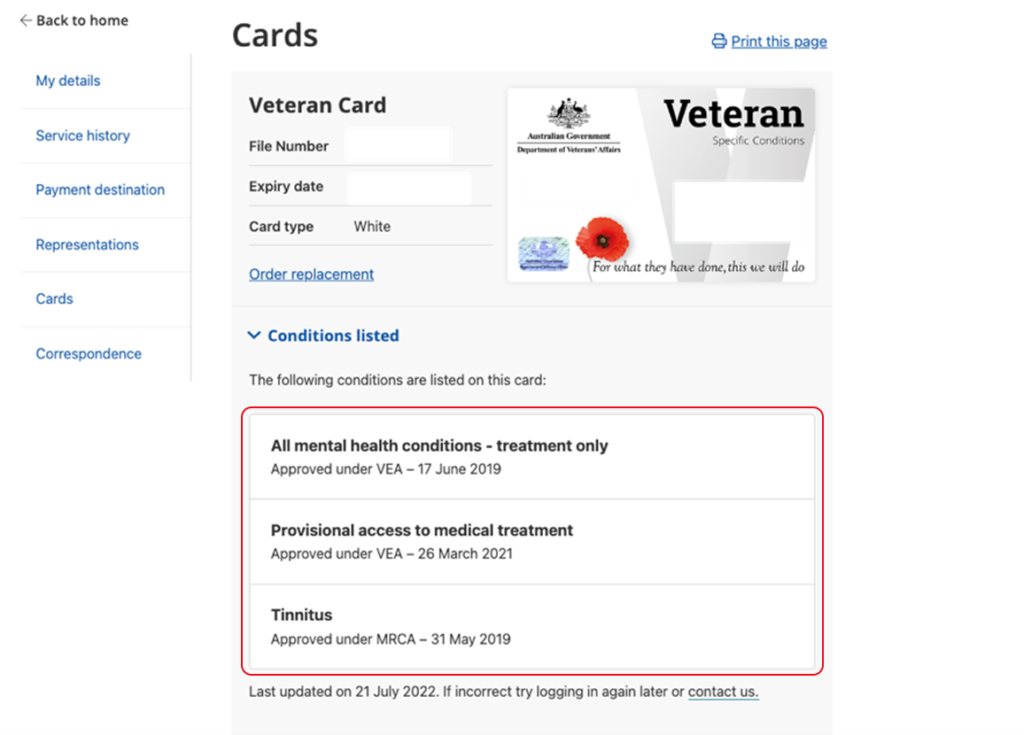As we usher in a new year, it’s an opportune time for veterans to embark on a journey towards improved mental health. Setting goals is a powerful way to initiate positive change, and adopting the S.M.A.R.T. criteria (Specific, Measurable, Achievable, Relevant, Time-Bound) can be a game-changer in this pursuit. In 2024, let’s explore how veterans can leverage S.M.A.R.T. goals with the guidance of psychologists to foster mental well-being.
Understanding S.M.A.R.T. Goals
Specific:
The first step in crafting effective mental health goals is to make them specific. Instead of a vague aim like “improve mental health,” veterans can focus on precise objectives. For instance, setting a goal to manage and reduce symptoms of anxiety or to enhance coping mechanisms provides a clear direction.
Measurable:
Measuring progress is crucial for motivation and accountability. Psychologists can assist veterans in defining tangible metrics. Whether it’s tracking mood changes, monitoring sleep patterns, or assessing stress levels, measurable goals provide a concrete way to gauge success.
Achievable:
It’s essential that goals are challenging yet realistic. Veterans should collaborate with psychologists to set achievable milestones, considering their unique circumstances. This may involve breaking down larger objectives into smaller, more manageable steps, fostering a sense of accomplishment along the way.
Relevant:
Relevance ensures that goals align with personal values and broader well-being. Veterans can work with psychologists to identify areas of their lives that, when improved, contribute significantly to overall mental health. This might involve addressing specific triggers, improving interpersonal relationships, or focusing on self-care routines.
Time-Bound:
Creating a timeframe adds a sense of urgency and helps in managing expectations. Veterans, in consultation with psychologists, can establish realistic deadlines for achieving specific milestones. This could involve short-term goals, such as weekly or monthly objectives, providing a roadmap for progress.
Applying S.M.A.R.T. Goals to Mental Health

Coping with PTSD:
Specific: Develop healthy coping mechanisms to manage PTSD symptoms. Measurable: Monitor and record the frequency and intensity of flashbacks or triggers. Achievable: Work with a psychologist to learn and practice coping strategies. Relevant: Address specific PTSD triggers and their impact on daily life. Time-Bound: Aim to reduce the frequency of flashbacks by 20% within the next three months.
Enhancing Emotional Well-being:
Specific: Improve emotional well-being through regular mindfulness practices. Measurable: Track daily engagement in mindfulness activities. Achievable: Incorporate brief mindfulness exercises into daily routines. Relevant: Cultivate emotional resilience and self-awareness. Time-Bound: Practice mindfulness for at least 10 minutes daily for the next six weeks.


The Role of Psychologists in Goal Setting
Collaborating with a psychologist brings a valuable external perspective to goal-setting. Psychologists can help veterans articulate their aspirations, identify potential obstacles, and develop strategies for overcoming challenges. Regular sessions provide a supportive environment for reflecting on progress, adjusting goals as needed, and celebrating achievements.
A Resilient 2024
As veterans embark on a journey of mental health improvement in 2024, the adoption of S.M.A.R.T. goals, coupled with the expertise of psychologists, paves the way for a more resilient and fulfilling year. By embracing specificity, measurability, achievability, relevance, and time-bound objectives, veterans can make significant strides toward improved mental well-being, fostering a positive and transformative 2024. Remember, the first step towards a healthier mind is a goal set with intention and the commitment to achieve it.

Kick off your 2024 and get your mental health sorted. Connect with psychology services today!

